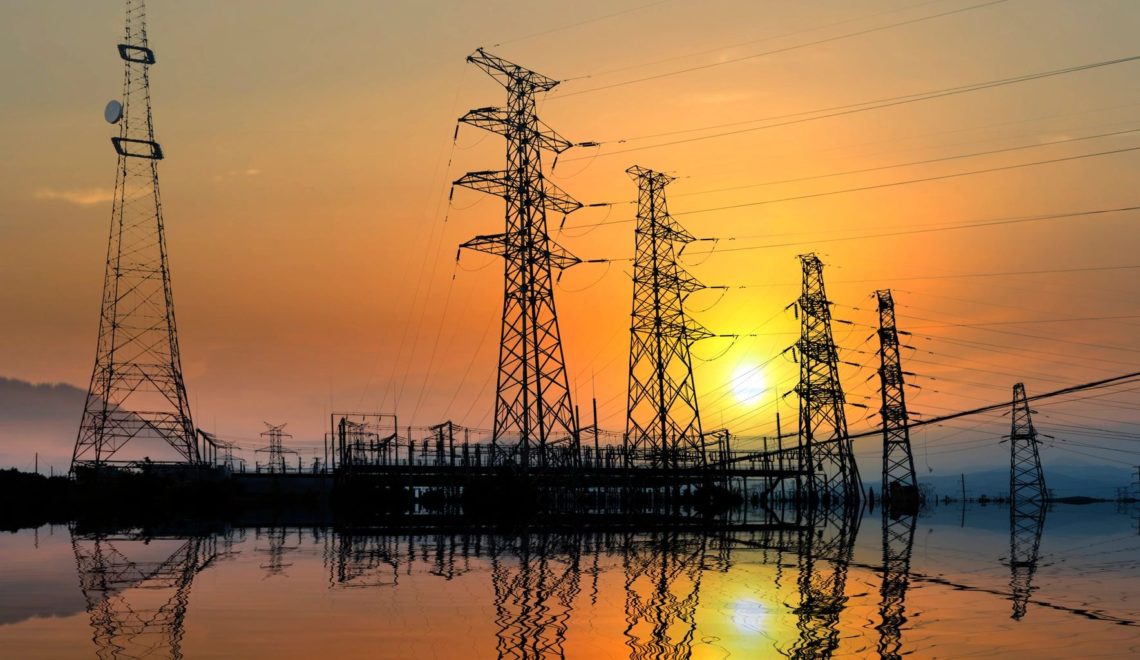Columbia Energy Exchange: Steve Mufson, Amy Harder
New markets dynamics, technological innovation, and evolving climate and geopolitical issues have made the energy sector incredibly dynamic and increasingly complicated to understand for policymakers, business leaders, academia and the general public alike. To help decode and explain these issues and their significance within a greater global context, journalists covering the energy beat have never been more important. On this episode of the Columbia Energy Exchange host Bill Loveless sits down with veteran energy reporters Steve Mufson from the Washington Post and Amy Harder, who has recently moved from the Wall Street Journal to a new startup called Axios, to discuss the importance of energy literacy and how the energy beat has dramatically changed in the last decade. Among many topics Bill, Steve and Amy discussed, several include: The importance of energy literacy and key challenges journalists face when covering the energy beat;…
Continue reading










